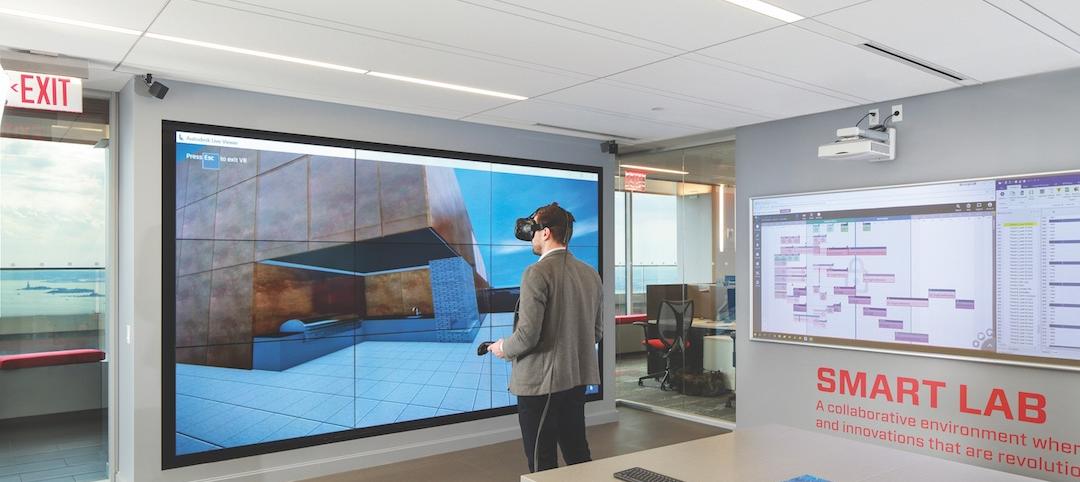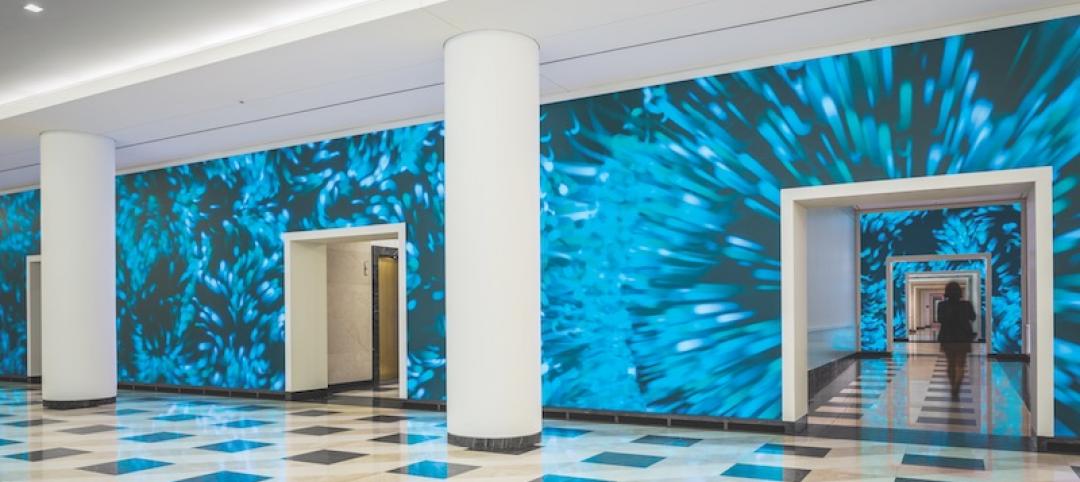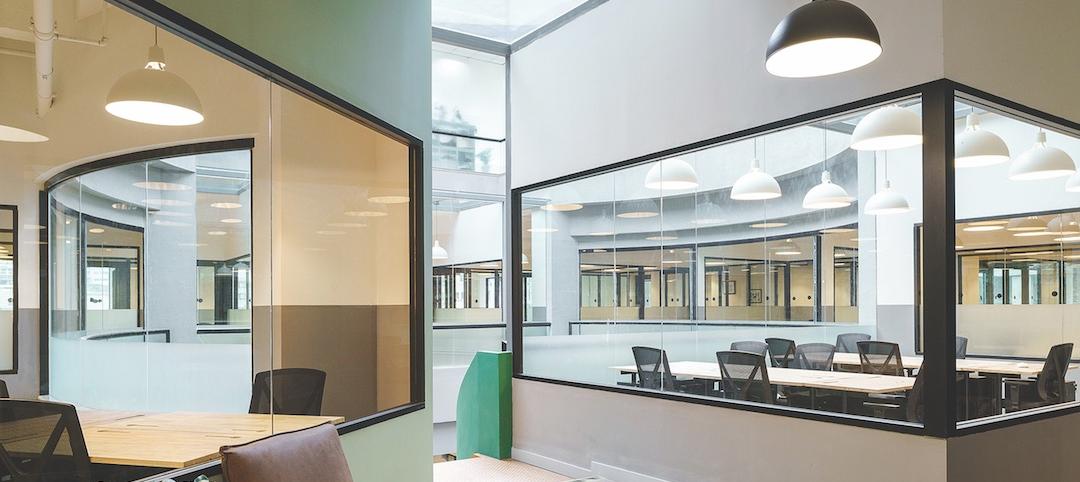 |
| Toronto now requires up to 50% green roof coverage on multi-unit residential dwellings over six stories, schools, nonprofit housing, and commercial and industrial buildings. |
The city of Toronto late last month passed a new green roof by-law that consists of a green roof construction standard and a mandatory requirement for green roofs on all classes of new buildings. The by-law requires up to 50% green roof coverage on multi-unit residential dwellings over six stories, schools, nonprofit housing, and commercial and industrial buildings. Larger residential projects require greater green roof coverage, ranging anywhere from 20–50% of the roof area.
"The City of Toronto's leadership on all things green took another major step by making it obligatory to have green roofs for all types of new buildings," said Deputy Mayor Joe Pantalone, the primary champion of the new by-law. "This by-law is a major part of the solution to climate change, the creation of green jobs, and it represents a whole new mindset on how our cities approach the 20% or so of surface area that are roofs."
Chicago has the greatest number of installed green roofs, according to the Green Roofs for Healthy Cities' Annual Green Roof Industry Survey released last month. The mandatory by-law in Toronto may change that, resulting in approximately 50 to 75 new projects annually, according to GRHC president Steven W. Peck.
Toronto already requires green roofs on city-owned properties, has established a financial incentive of up to $5 per square foot for existing buildings, and is currently building a publicly accessible green roof on its city hall.
For more on the green roof by-law, visit: www.toronto.ca/building.
| Source: Green Roofs for Healthy Cities' Fourth Annual Industry Survey | |
| Chicago | 534,507 |
| Washington, D.C. | 501,042 |
| New York | 358,986 |
| Vancouver | 320,000 |
| Philadelphia | 196,820 |
| Baltimore | 150,032 |
| Montreal | 75,700 |
| Grand Rapids, Mich. | 74,784 |
| Princeton, N.J. | 56,250 |
| Newtown Square, Pa. | 48,130 |
Related Stories
Virtual Reality | May 8, 2018
‘Bespoke’ VR apps give Woods Bagot an edge in presenting design ideas
The architectural firm is finding that some clients respond quicker to proposals as a result.
Architects | Apr 16, 2018
Is the AEC industry ready to shake off its retrograde image?
Technology has been and always will be perceived as a source for wonder and worry.
Building Technology | Apr 10, 2018
A jobsite dashboard is helping Clark Construction take the drudgery out of managing punch lists
Turnover Vision is the latest example of Clark digitizing its construction management process.
Contractors | Apr 9, 2018
Tech Report 5.0: Smart(er) Jobsites
Real-time construction analysis, just-in-time materials delivery, digital production planning systems—these are just a few of the novel approaches construction firms are implementing to take control of their jobsites.
Building Technology | Apr 9, 2018
Autodesk opens its Forge platform, encouraging more suppliers to build onto it
The goal is to further streamline the construction process, from design to commissioning.
Architects | Apr 5, 2018
Tech Report 5.0: The Human Touch
Can studying humans at a behavioral level produce better buildings? Cognitive architecture experts are working to find out.
Building Technology | Apr 4, 2018
Tech Report 5.0: Digital Immersion
Indoor digital media changes the identities of buildings by stimulating occupant interaction.
Building Technology | Apr 3, 2018
Tech Report 5.0: AI Arrives
From construction scheduling to risk management, AEC firms see promise in budding artificial intelligence platforms geared for commercial building projects.
Building Technology | Mar 1, 2018
Small construction businesses will continue to lag other sectors in tech spending this year
A survey of 800 companies found tepid interest overall in investing in “big data.”
Hotel Facilities | Feb 13, 2018
6 trends shaping smart hotels
From real-time guest feedback to AI-driven hyper-personalization, the hotel of the future will emphasize service, convenience, authenticity, and just the right amount of technology.















